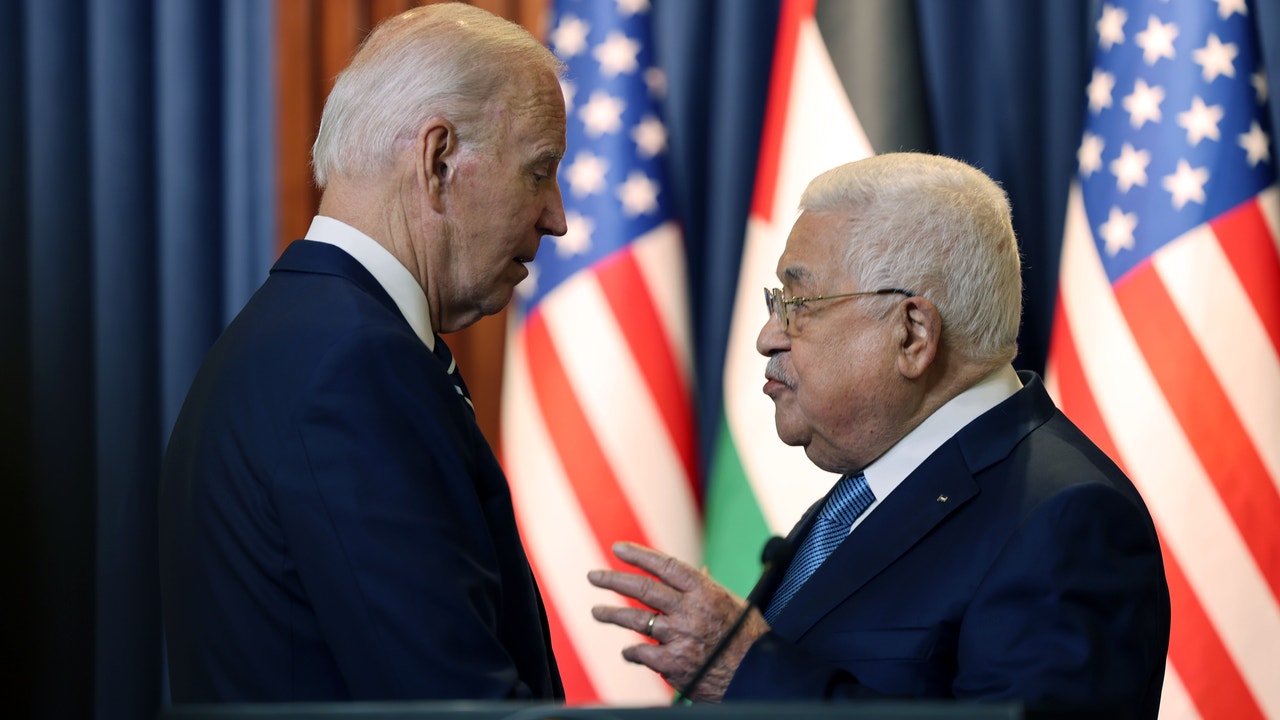What other response could Israel have made to the October 7 Hamas terrorist attack? The military operation in Gaza has killed more than 17,000 people and threatens to spread to other parts of the region. Were there alternatives?
The death toll in Gaza is nearly 20,000, according to Hamas authorities there, although it is unclear how many are civilians and how many are militants. But from Israel’s perspective, after the October 7 terrorist attack there was no real alternative but a military response. The only real question was what kind of response would occur: what weapons would be used, how many, how long, and where would the attacks take place? This is the most devastating military operation Israel has ever launched in the Gaza Strip. My impression is that the vast majority of Israelis support such a forceful response, not out of revenge, but to ensure that something like October 7th never happens again.
How do you think Hamas will face the coming weeks of war? Their leaders appear to be cornered and a new ceasefire agreement appears to be a long way off.
It’s very difficult to know. It appears that Hamas fighters have so far preferred to retreat into their network of tunnels rather than take action against Israeli forces. They seem to have realized that they cannot respond well to the overwhelming power and sophisticated military technology that Israel employs. But now that Israel has captured most of northern Gaza and Hamas has fled to southern Gaza, it appears they have nowhere to go. The IDF reportedly began flooding the tunnels in both the north and south today, forcing Hamas fighters to eventually come to the surface. There has been very intense fighting in recent days and it appears that it will continue in the coming days or weeks.
What is the probability that the war will spread? In recent days we have observed an increasing willingness to fight by the Houthis from Yemen and a serious escalation in southern Lebanon.
There is great concern in both Washington and the Middle East about the heating up of Israel’s northern front with Hezbollah. Like Hamas, Hezbollah is financed and armed by Iran, but on a much larger scale. It is believed to have around 150,000 rockets, ten times more than Hamas. And a lot of combat experience, having fought alongside Syrian regime forces in the Syrian civil war for years. At the same time, Yemen’s Shiite rebels known as Houthis – who are also funded and armed by Iran – have warned that they will attack any ship bound for Israel, and their attacks on US targets in the region are “explodingly” increasing. French forces have also recently joined US efforts against the Houthis, demonstrating how quickly these conflicts can escalate and spread. The coming weeks will be crucial in determining whether this conflict continues to expand and escalate, or whether Israel – under pressure from abroad and from the United States – agrees to begin scaling back its operations.
How do you imagine the Gaza Strip the day after the war? Who can govern?
This is another very difficult question. Israel appears determined that Hamas will no longer rule or be weakened to the point where it no longer poses a military threat. Israeli Prime Minister Benjamin Netanyahu has declared that he does not want Hamas or the Western-backed Palestinian Authority to rule there: he considers both terrorists or sympathizes with terrorists. In any case, Hamas drove the Palestinian Authority out of Gaza in 2007, and it seems highly unlikely that the Palestinian Authority will be willing to return to Gaza with Israeli tanks, so to speak. One option that has been floated is an international force to govern or stabilize Gaza, perhaps one dominated by Arab states. But Gaza is like an unwanted stepchild: It is such a difficult and unstable place to govern that even Arab states do not want to take responsibility for it. It is very difficult to achieve a positive result in the long term.
